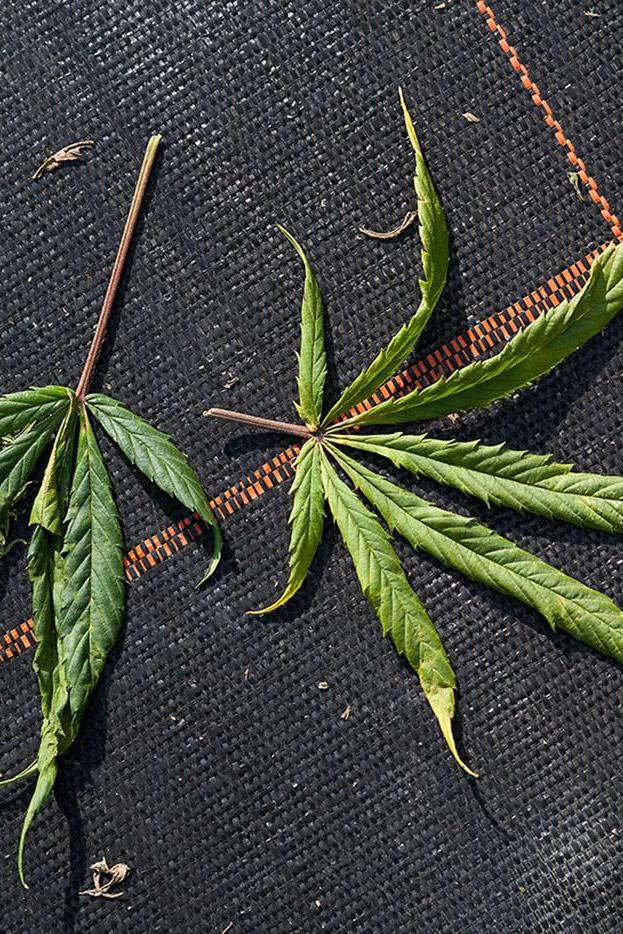
Liverwort could trump medical cannabis

A psychoactive THC-like substance from liverwort, which is consumed as a legal high, also has analgesic and anti-inflammatory effects which might be superior to those of THC from hemp, say scientists in Bern and Zurich.
Certain liverworts, a type of moss, from Japan, New Zealand and Costa Rica contain a substance called perrottetinene that is very similar to the psychoactive substance tetrahydrocannabinol (THC) from cannabis. The liverworts therefore sometimes circulate as legal intoxicants.
A research team led by Jürg Gertsch at the University of Bern and Erick Carreira at the federal technology institute ETH Zurich has now compared perrottetinene and THC biochemically and pharmacologically.
In the journal Science AdvancesExternal link, the researchers report that perrottetinene may be superior to the cannabis drug THC for therapeutic purposes. In low doses, THC is used in various chronic conditions to relieve pain, inflammation, muscle cramps and nausea. However, THC is highly psychoactive in higher doses, so it is considered an illegal drug and is therefore tightly regulated.
Advantages over cannabis
Perrottetinene could prove to be a better alternative for medicine, the scientists believe. Using animal models, they were able to demonstrate that perrottetinene reaches the brain very easily and that, once there, it specifically activates cannabinoid receptors.
“This natural substance has a weaker psychoactive effect and, at the same time, is capable of inhibiting inflammatory processes in the brain,” Carreira said.
In particular, in contrast to THC, perrottetinene inhibits the prostaglandins in the brain which are factors causing inflammation.
However, the researchers emphasise that further studies are needed to better understand the effects and potential side-effects of perrottetinene.

More
Cannabis: the comeback of a banned medicine
External link
In compliance with the JTI standards
More: SWI swissinfo.ch certified by the Journalism Trust Initiative





























You can find an overview of ongoing debates with our journalists here . Please join us!
If you want to start a conversation about a topic raised in this article or want to report factual errors, email us at english@swissinfo.ch.